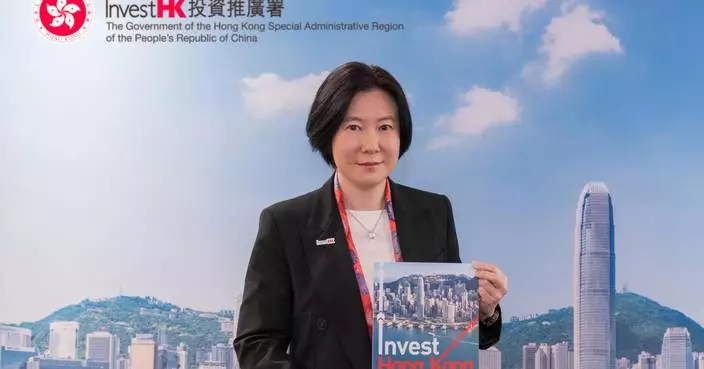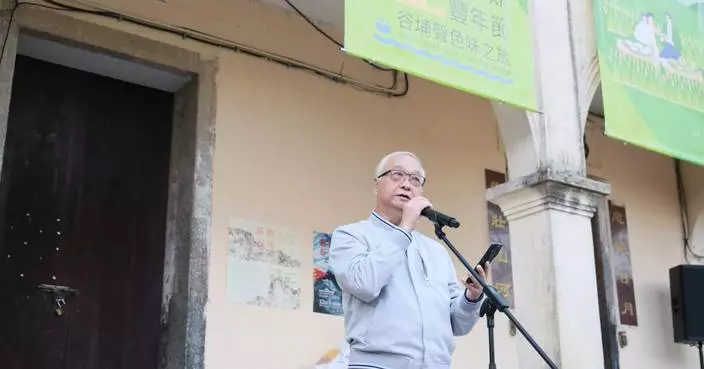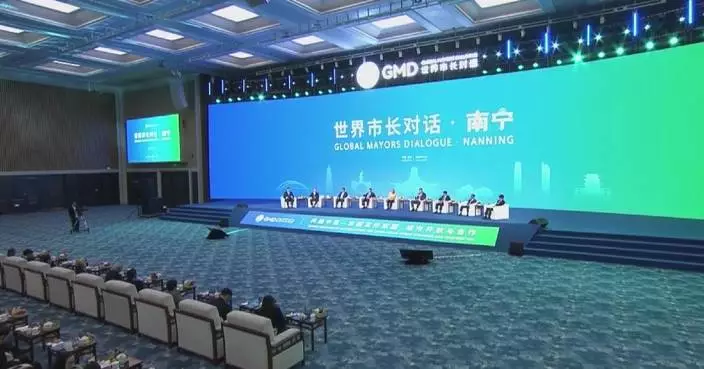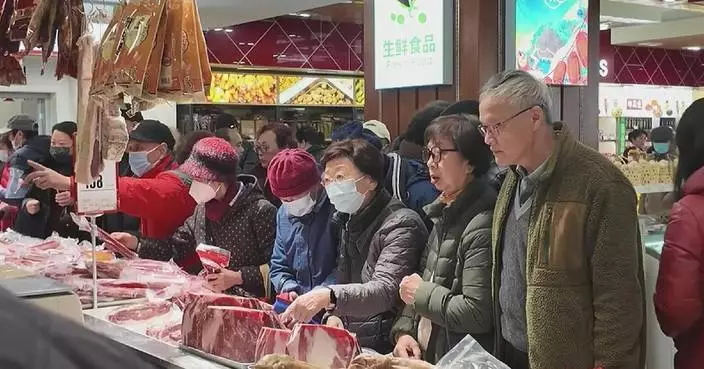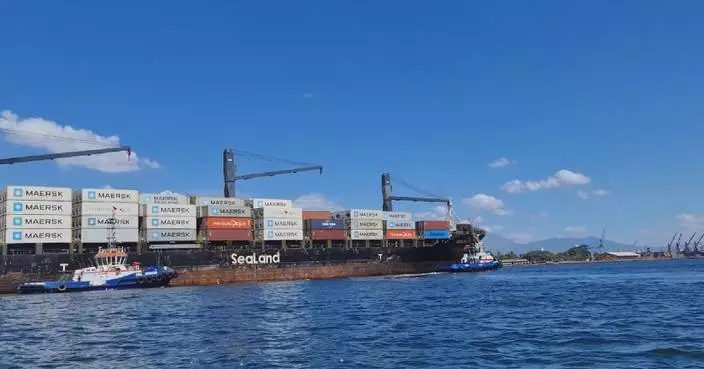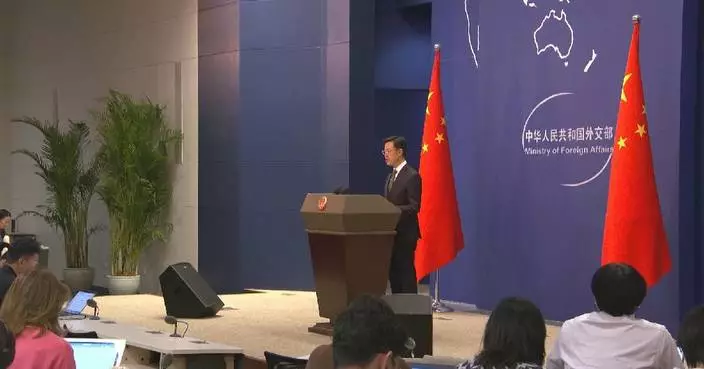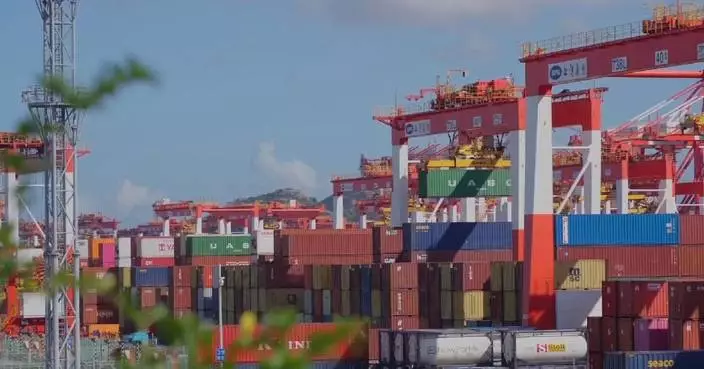LD urges employers and employees to make work arrangements in times of tropical cyclones and rainstorms
As Tropical Cyclone Warning Signal No. 8 (T8) will soon be in force, the Labour Department (LD) today (September 5) reminded employers to make work arrangements for employees during and after tropical cyclone warnings, rainstorm warnings and "extreme conditions", including arrangements on reporting for duty, release from work, resumption of work and remote work (if applicable).
An LD spokesman said, "In drawing up and implementing the work arrangements, apart from factors such as operational needs of establishments, employers should give prime consideration to employees' safety and the feasibility of employees travelling to and from their workplaces. Employers should also give consideration as much as possible to the different situations faced by individual employees, such as their place of residence and the road and traffic conditions in the vicinity, and adopt a sympathetic and flexible approach with due regard to their actual difficulties and needs. For example, employers may permit employees who have difficulties in returning to workplaces to work remotely (if applicable) or allow more time for them to report for duty and resume work."
If the Government makes an "extreme conditions" announcement, apart from those required by employers to report for duty at workplaces, employees are advised to stay in the place they are currently in or in safe places when "extreme conditions" is in force, instead of heading for work. Employees who have already reported for duty at workplaces could continue to work as usual in a safe manner. If the workplaces are in danger, employers should release staff from work early under feasible conditions and in a safe manner, or make available a safe place as temporary shelter for employees. If the working time ends while "extreme conditions" is still in force, employers can release employees from workplaces in a safe manner or provide a suitable area as temporary shelter for those still at workplaces.
If it is necessary for employees to report for duty at workplaces under adverse weather or "extreme conditions", employers should work out arrangements for their transportation, safety, meals, rest places and more. If public transport services are suspended or limited when T8 or higher, or "extreme conditions" is in force, employers should provide safe transport services for employees travelling to and from workplaces, or grant them an extra travelling allowance.
The spokesman reminded employers to observe the statutory liabilities and requirements under the Employment Ordinance, Occupational Safety and Health Ordinance, Factories and Industrial Undertakings Ordinance, Employees' Compensation Ordinance and Minimum Wage Ordinance.
The LD has published the "Code of Practice in Times of Adverse Weather and 'Extreme Conditions'", which provides the major principles, reference guidelines and information on relevant legislation on making work arrangements for the reference of employers and employees. The booklet can be obtained from branch offices of the Labour Relations Division or downloaded from the department's webpage (www.labour.gov.hk/eng/public/wcp/Rainstorm.pdf).

Source: AI-generated images
Secretary for Health chairs second meeting of Steering Committee on Health and Medical Innovation Development
The Secretary for Health, Professor Lo Chung-mau, chaired the second meeting of the Steering Committee on Health and Medical Innovation Development today (January 20) to discuss the development direction and policy initiatives for driving medical innovation in Hong Kong. Members also offered advice on the progress of establishing the Hong Kong Centre for Medical Products Regulation (CMPR) and the development of the Greater Bay Area International Clinical Trial Institute (GBAICTI).
At the meeting, members were briefed on the latest developments of establishing the CMPR. Since its establishment in June last year, the Preparatory Office for the CMPR has been taking forward a number of measures, including reviewing the regulatory work of drugs and medical devices in other regions to formulate a regulatory framework of drugs and medical devices suitable for Hong Kong, assessing the need for legislation, devising the restructuring of the existing regulatory functions and service plans for drugs and medical devices, and proposing the timetable for the establishment of the CMPR and the roadmap towards the adoption of "primary evaluation" in the first half of this year.
Furthermore, members also offered advice on the strategic development plan for the GBAICTI. The GBAICTI will take forward a number of key tasks this year, including promoting process optimisation, establishing a one-stop Hong Kong Clinical Trial Digital Portal, strengthening collaboration within the Guangdong-Hong Kong-Macao Greater Bay Area (GBA), and planning for the GBAICTI's move into one of the wet laboratory-enabled buildings at the soon-to-be-completed Hong Kong-Shenzhen Innovation and Technology Park, with a view to further enhancing Hong Kong's overall clinical trial efficiency and capability.
Other key areas of work of the GBAICTI include talent training, strengthening Hong Kong's role in regional and international clinical trial networks, and establishing a high-level international clinical trial services platform in collaboration with other GBA cities, with a view to pushing ahead with the development of an advanced biomedical industry at full steam by capitalising on Hong Kong's unique advantages of enjoying strong support of the motherland and being closely connected to the world, thereby complementing the development goals as set out in the Development Plan for Shenzhen Park of Hetao Shenzhen-Hong Kong Science and Technology Innovation Co-operation Zone promulgated by the State Council.
Professor Lo said, "At today's meeting, members of the Steering Committee recognised the efforts of the Hong Kong Special Administrative Region (HKSAR) Government in promoting health and medical innovation and offered professional advice on the way forward regarding the development direction and policy initiatives. The Health Bureau (HHB) will actively follow up, and make every effort to take forward and implement the measures on expediting the reform of the approval mechanism for drugs and medical devices and enhancing Hong Kong's clinical trial capability on all fronts as set out in 'The Chief Executive’s 2024 Policy Address' by complementing technological innovation with institutional innovation. The HHB will also collaborate with Shenzhen to establish the GBA Clinical Trial Collaboration Platform to extend the research and development (R&D) network and expedite clinical trials; and establish the Real-World Study and Application Centre to leverage Hong Kong's vast and standardised high-quality medical databases, with a view to accelerating Hong Kong's development into an international health and medical innovation hub."
"In the Resolution of the Communist Party of China (CPC) Central Committee on Further Deepening Reform Comprehensively to Advance Chinese Modernization adopted by the Third Plenary Session of the 20th CPC Central Committee, it mentions the development strategy for further reforming the medical and healthcare systems and improving the mechanisms for supporting the development of innovative drugs and medical equipment. The HHB will embrace changes while staying principled, and leverage Hong Kong's advantages of 'one country, two systems', its high-quality healthcare professions and high compatibility with international standards and more, to develop Hong Kong into an international health and medical innovation hub and foster co-ordinated development with other GBA cities, so that patients may benefit from the most advanced diagnostic and treatment technologies, thereby achieving the goal of bringing the benefits of good drugs and R&D to Hong Kong. At the same time, we will promote the development of advanced biomedical technology industries and actively integrate into the overall national development by showing support for fostering new quality productive forces in biomedical technology as set out in the Resolution and the Development Plan to align with national development strategies," he emphasised.
Established and wholly owned by the HKSAR Government, the GBAICTI officially opened on November 21 last year in the Hong Kong Park of the Hetao Shenzhen-Hong Kong Science and Technology Innovation Co-operation Zone. The GBAICTI co-ordinates clinical trial resources in the public and private sectors in Hong Kong and serve as a one-stop clinical trial support platform for medical research institutions. The Greater Bay Area International Clinical Trials Center in the Shenzhen Park also officially opened on the same day. The "one institute, one center" will jointly establish the GBA Clinical Trial Collaboration Platform under the "one zone, two parks" co-ordinated development model.
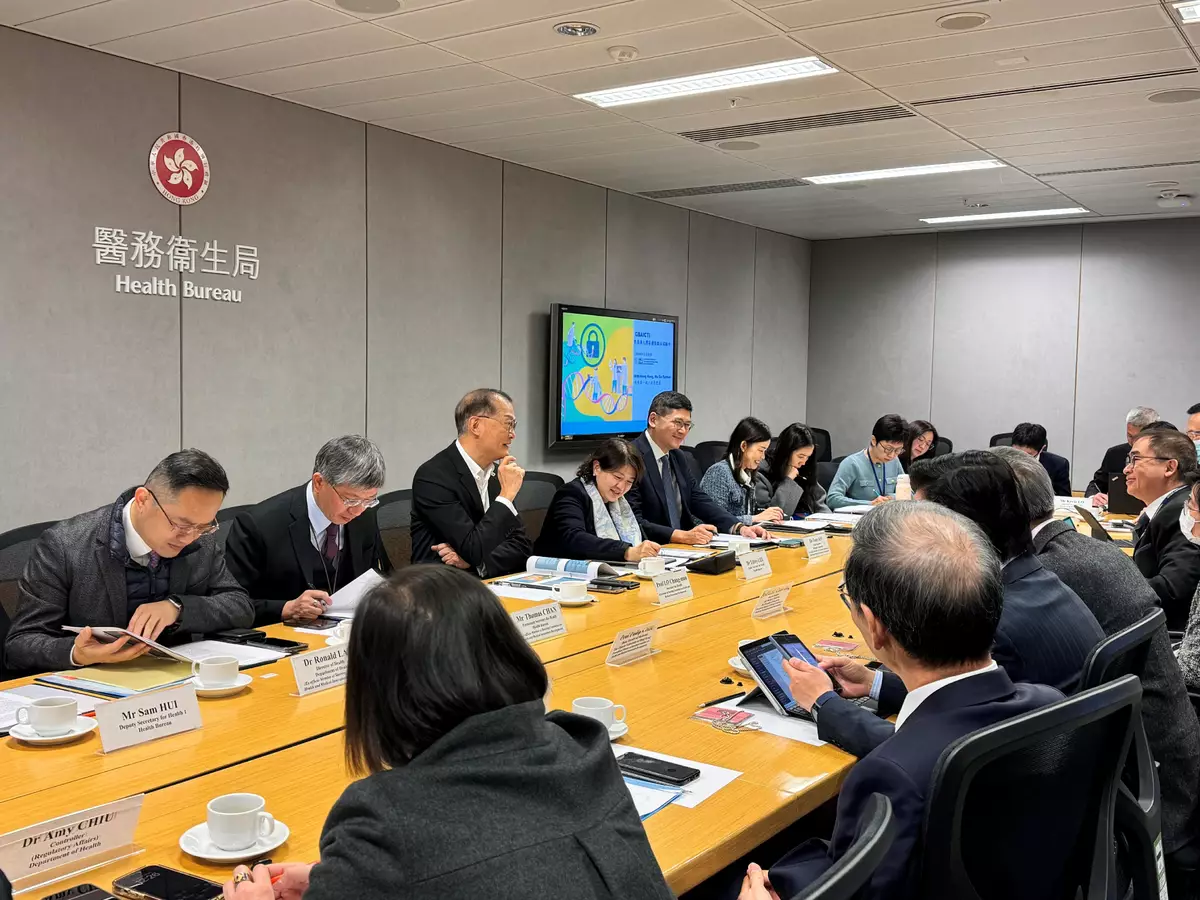
Secretary for Health chairs second meeting of Steering Committee on Health and Medical Innovation Development Source: HKSAR Government Press Releases
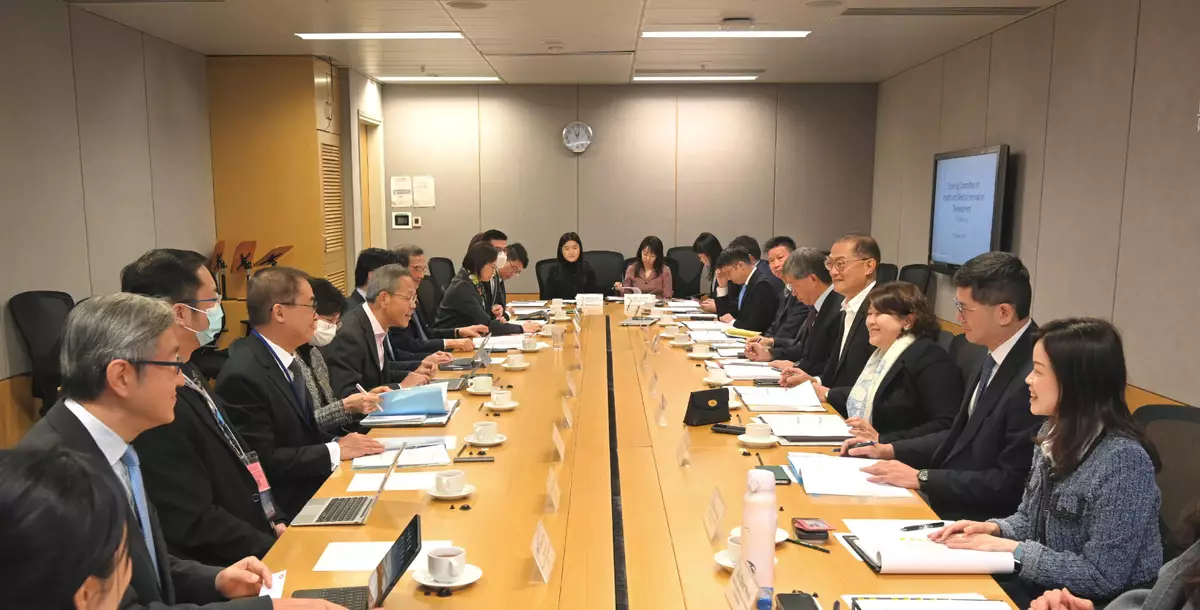
Secretary for Health chairs second meeting of Steering Committee on Health and Medical Innovation Development Source: HKSAR Government Press Releases





